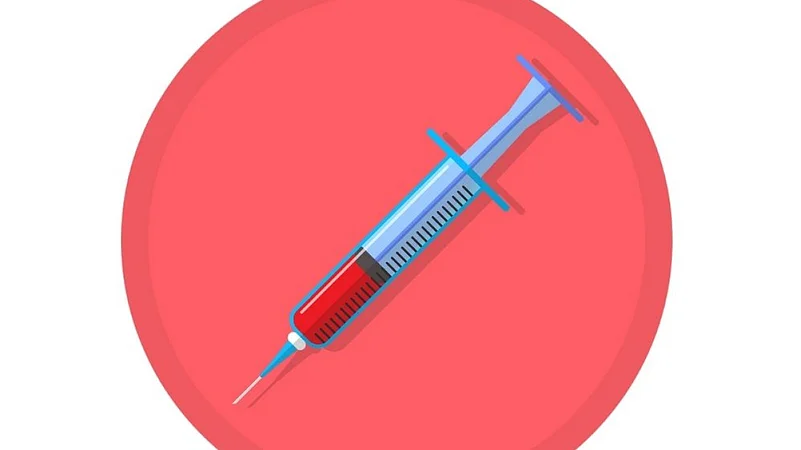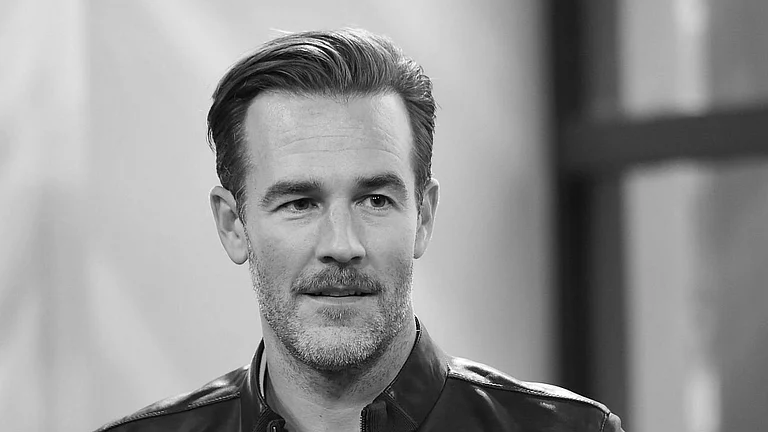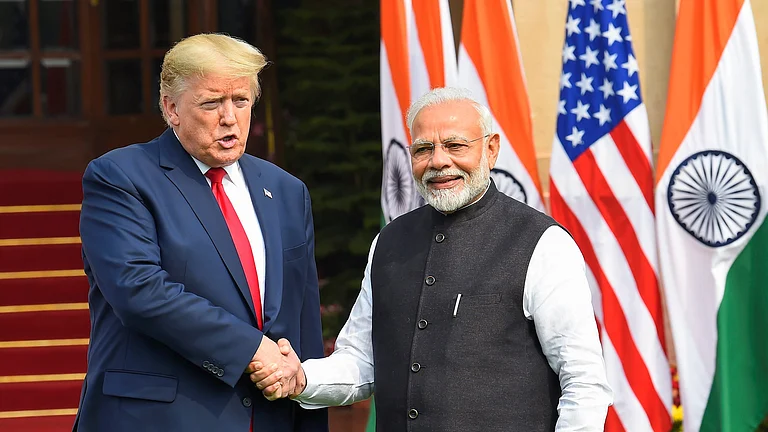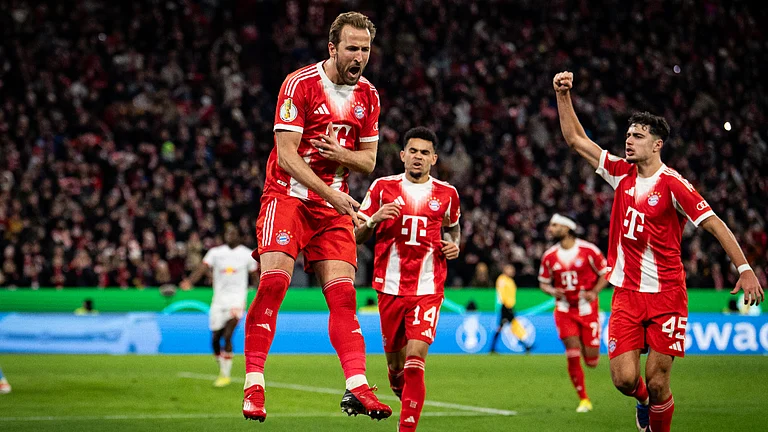The Omicron variant of Covid-19 has brought to fore the importance of getting vaccinated against Covid-19. Even as Omicron cases surged across the world, hospitalisation and death rates remained low. Many experts have claimed that high rates of vaccination in certain sections may have had an impact on the way an Omicron infection affected the immune system, leading to less severe disease than previous variants. However, some researchers are now claiming that repeated vaccinations or boosters may in fact have an adverse effect on the immune system and impede the body's natural ability to fight diseases.
How vaccines impact the immune system
There is ample evidence to suggest that Covid-19 vaccines help increase the body's ability to fight coronavirus. As per the Centre for Disease Control and Prevention in the US, those without a vaccine shot were 13 times more likely to be hospitalised in case of a Covid-19 infection. According to research, a third booster dose of an mRNA vaccine can increase protection against Omicron.
The vaccines create antibodies that can help the body defend against Covid-19. However, these antibodies start to wane and require repeated top-ups in the form of booster doses to remain effective. Sweden has recently recommended a fourth booster shot for the elderly. Countries like US and UK have already rolled out the third booster for sections of the adult and young population. The third dose is also being given to priority sections of the population in India such as the elderly. A report by the UK health security agency, however, shows that the Covid-19 vaccines' efficacy starts to wane by 15-25 per cent in 10 weeks.
A recent CDC study also found that the effectiveness of Covid-19 vaccines especially to prevent disease reduces in four months, as was seen during the Omicron infection.

This might mean that vaccinated persons may indeed need to take a fourth booster dose. Israel is already offering the fourth dose to healthcare workers and the elderly. Researchers from several parts of the world, however, are claiming that repeated boosters might end up doing more harm than good by weakening the immune system.
As per a statement made by the European Medicine Authority, repeated vaccines may weaken the body's immune response system to fight Covid-19.
How the immune system works to fight Covid-19
The human immune system is made up of several components that together fight against disease and invasion from germs, bacteria and viruses. This includes B cells, T cells, DCs and NK that together provide protection at several levels by performing various different activities. These natural components work together with vaccine antibodies against the disease. However, the immune system also creates memory cells that learn and adapt to new infections (like a new strain of Covid-19) so that they can respond quicker and faster the next time.
The NK or Natural Killer cells and B cells are produced by the bone marrow which in turn help create antibodies. These NK and B cells, both white blood cells, fight the invasion after it has entered the body but is yet to affect any cells. The point to note is that while NKs are naturally present in the body and can kill any foreign cells that invade it, antibodies are only created in response to a disease. They work by attaching themselves to pathogens and attacking them. The attacked foreign cell is then destroyed by other elements of the immune system. In the case of Covid-19, vaccines create antibodies that attach themselves to the spike protein - the part that is used by the virus to replicate rapidly - and disable them.
In case a virus cell manages to get past the B and NK cells as well as antibodies, and do manage to attack cells in the body, T cells kill the infected cells to prevent further replication of the infected cell.
How vaccines can affect the natural immune system
While vaccines temporarily boost the body's immunity against Covid-19, the immune system stops learning from cell memory and instead depend on what the vaccine taught it about the infection to survive it. Immunologist Daniella Weiskopf told LA Times that vaccinations were teaching the B Cells and T cells how to identify the virus through simulation. In her opinion, the body needed to learn the virus first in order to know which parts to bind to and how to go about eliminating it. This can be especially troublesome in the case of viruses like Covid-19 which has found several variations, some of which have managed to get past the vaccine.

The high rate of Omicron infections among the vaccinated is proof that virus mutations can get past the first and second layer of defence of the human immune system including NK and B cells. However, it was caught by T cells.
The idea is that with every mutation and change in spike protein, the body needs to be re-introduced to the virus afresh to be able to learn how to appropriately respond.
The importance of vaccines
The vaccine has proved to be the first line of defence against Covid-19. However, regulating gaps between vaccines doses might be key. According to infectious disease expert Dr William Schaffner from Tennessee, the immune system requires some time to learn from the vaccine antibodies. In the case of hepatitis B vaccines, for instance, the first two doses are given one month apart while the third dose is given after 6 months. Some may even choose to take it in two years. The rationale is that the body takes a requisite amount of time to digest the new information and train accordingly.
While global Covid-19 numbers have started declining, there is consensus among the global community about efforts to turn the Covid-19 pandemic into an endemic. Other experts, however, have said that boosters are the only way to go. Speaking to Healthline, Dr Otto O Young from UCLA said that vaccines needed to constantly adapt to changing variants like Delta and Omicron. And the Omicron outbreak proved that. Further research into how vaccines react or will react with future Covid-variants is essential in planning the next strategy to fight the novel coronavirus.


























